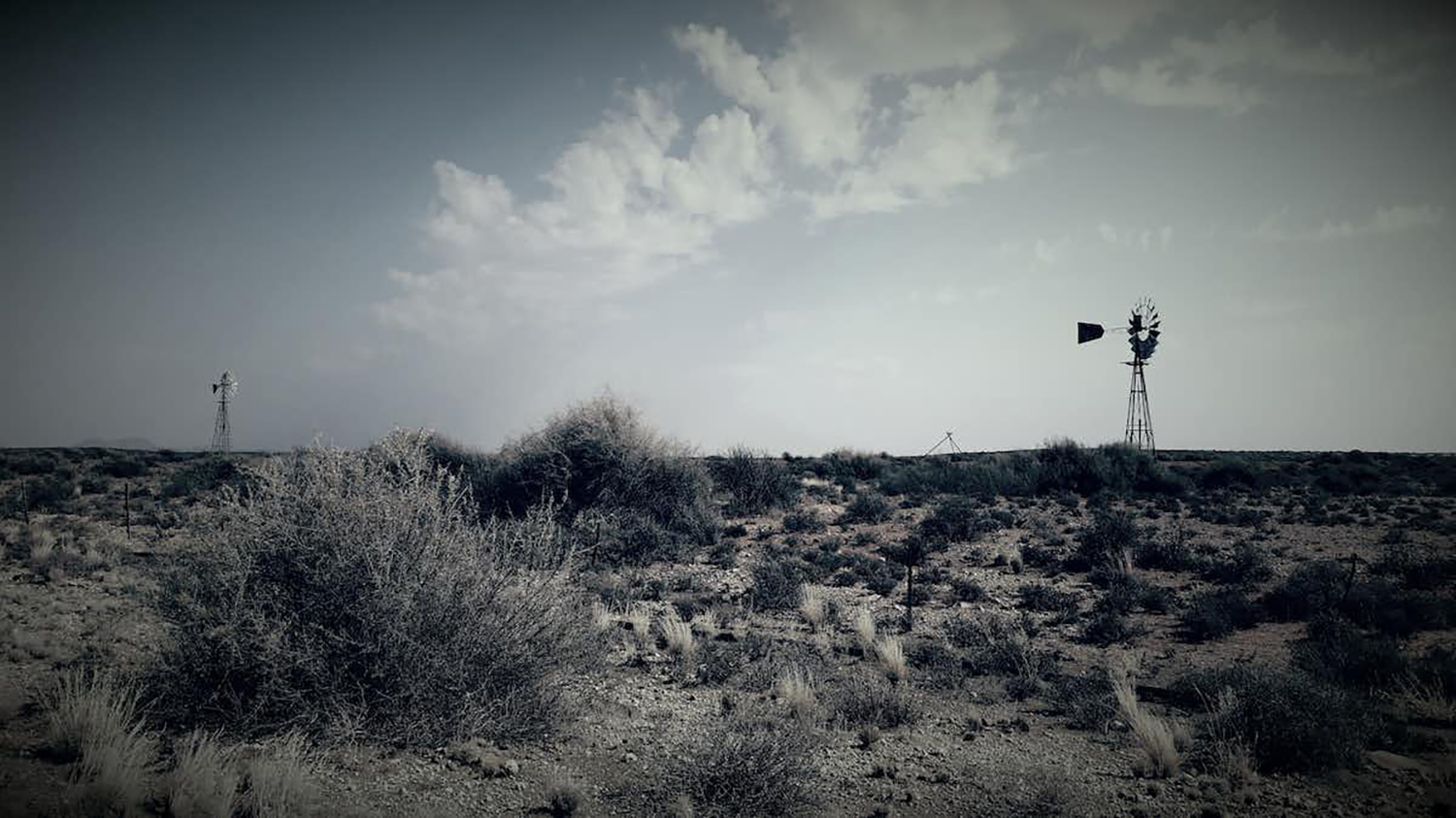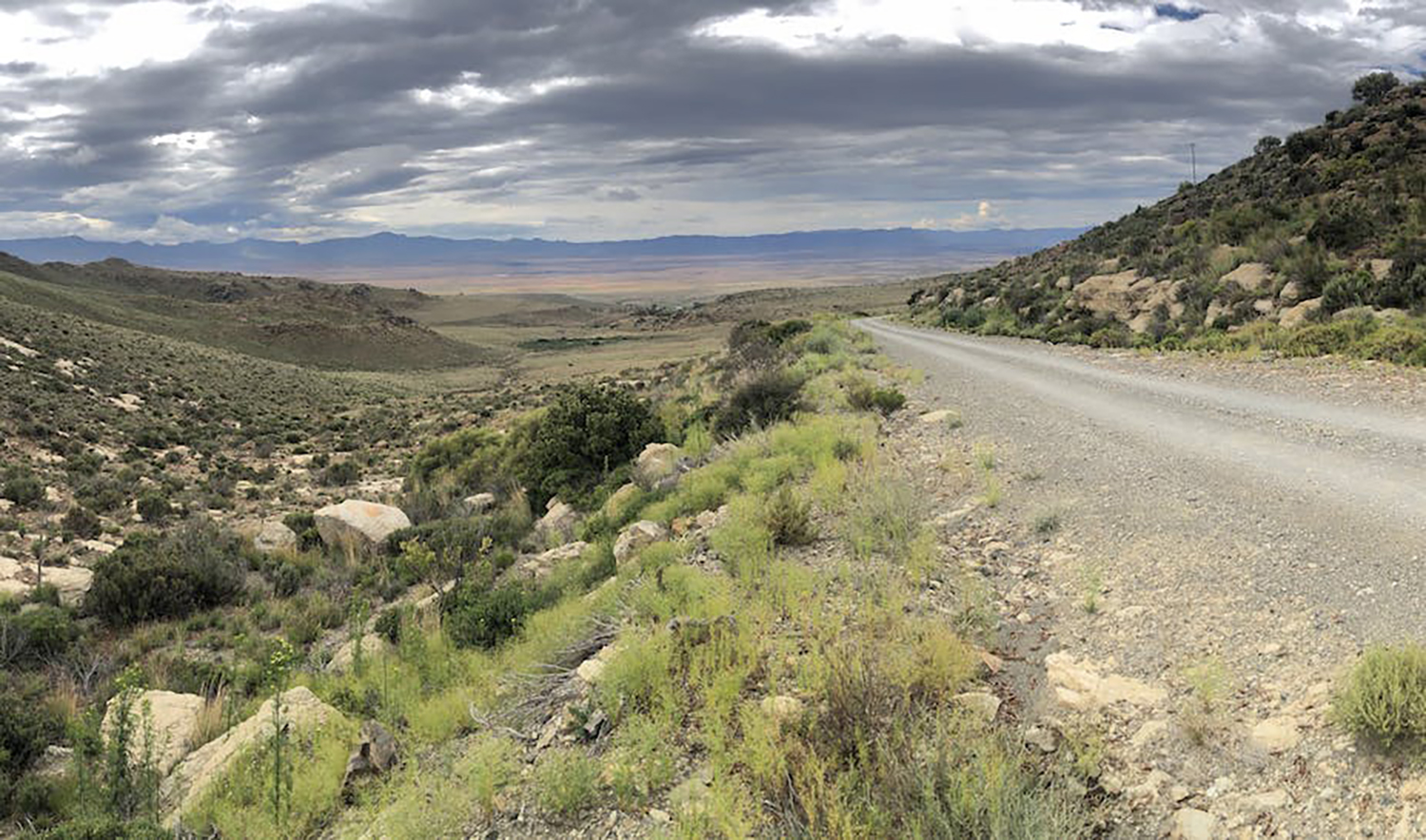South Africa is extremely water-scarce, and water supply will become more challenging in the future. The population and economy are growing, increasing demand. Rainfall is variable and more extreme and prolonged droughts are expected because of climate change. More than 80% of South Africa’s available surface water resources are already allocated for use. Groundwater resources will therefore become more important in South Africa.
There is, however, a potential threat to those groundwater resources. South Africa depends heavily on coal for energy but its coal resources are being depleted. The country may turn to unconventional oil and gas resources to augment energy supply. And methods to extract oil and gas can contaminate and deplete groundwater.
Hydraulic fracturing, also known as fracking, is used to extract trapped oil and gas from underground geological formations. A mixture of water, chemicals and sand is injected into these formations under high pressure. This opens up micro-fractures in the rock to release the trapped oil and gas, but it can also disturb the deep geological formations and aquifers. Groundwater can be contaminated if deep saline groundwater migrates to potable groundwater resources via hydraulic connections.
In addition to migration of saline groundwater, the chemicals used during fracking can contaminate groundwater. Wastewater may also get into groundwater via spills and leaks. And the hydraulic fracturing process requires large volumes of water.
Regulations that are properly developed and enforced are therefore vital to protect groundwater resources in South Africa when extracting unconventional oil and gas.
Regulations to protect groundwater
On 7 May 2021, the Department of Water and Sanitation published regulations on the use of water in oil and gas extraction. And on 11 July 2022, the Department of Forestry, Fisheries and the Environment published proposed regulations for the exploration and production of onshore oil and gas for public comment. These regulations aim to protect the environment during oil and gas development.
The environment department also published a document for comment specifying what information must be supplied when applying for a licence to produce oil and gas. The two departments’ regulations should be read together since both protect groundwater resources.
Based on a survey of South African groundwater experts that my colleagues and I conducted, I’ve reviewed the proposed regulations and identified aspects that need attention.
A strength of the regulations is that they list penalties for contraventions, which will help with enforcement. However, there are gaps in the regulations. Some extraction methods and related processes are not regulated.
Gaps in fracking regulations
The environment department’s regulations only address unconventional oil and gas development that requires hydraulic fracturing. Other techniques are also used to free those resources. For example, depressurisation can be used to liberate coalbed methane. All the extraction methods should be included in the regulations.
The regulations say that water sources and fracking wells at the extraction site should be at least 2km apart. This is not far enough. Based on what the survey of experts found, fracking wells should be at least 10km away from municipal wellfields, aquifers and water supply boreholes. They should be at least 5km away from seismically active springs.
 Putsonderwater, meaning ‘well without water’ in the extremely water-scarce area between Marydale and Groblershoop. (Photo: Danita Hohne)
Putsonderwater, meaning ‘well without water’ in the extremely water-scarce area between Marydale and Groblershoop. (Photo: Danita Hohne)
These minimum distances, known as setbacks, are also needed where there are other geological and groundwater features that increase the risk of groundwater contamination.
The regulations do not address specific measures to contain fractures to the production zone, or to prevent fluids from migrating beyond this area. Operators should have to monitor these risks and report to the regulator. If monitoring shows that fluid is moving outside the production zone, operations must stop until the situation is corrected.
The proposed regulations don’t address fracturing fluid management. The water department regulations require that a list of chemicals planned for use in the fracturing fluids be submitted to the department for approval, but this alone is insufficient to protect groundwater. A risk management plan for each well that is to be fractured must be submitted to the regulator. It must identify the chemical ingredients and the volume and concentration of the fluid additives. The plan must assess the potential environmental and health risks of the fracturing fluids and additives — and show how operations will minimise risk.
The regulations require a waste management plan. It should be more comprehensive, by considering both solid waste and wastewater. The plan should include transport, storage and management of wastewater and other substances used, and procedures for preventing and addressing spills. It should monitor and report on the actual volume of recovered fluids, the chemical composition of these fluids, and any radioactive fluids that were identified.
The information disclosure regulations are inadequate. They require that various information sources be uploaded onto the website of the holder. They do not require public access to this information. It would be better to load the data onto a centralised website run by an independent institution, where it is available and in a usable form.
The well-decommissioning regulations do not specify how long decommissioned wells should be monitored. The risk of well leakage over the long term means that a monitoring timeframe of 50 years or more may be necessary. The regulations should consider who will be responsible and carry the associated costs.
Ancillary activities are not regulated. For example, there’s no mention of pipeline management or monitoring. Pipelines could leak and contaminate groundwater resources, especially if they are buried.
The minimum information requirements document also needs revision. Information about where wells will be located should be publicly available. For the groundwater baseline (the groundwater quality and quantity before fracking), both shallow and deep aquifers should be assessed, and possible fluid migration pathways should be identified.
If these aspects are addressed and the regulations properly enforced, the regulations will do a better job of protecting groundwater resources. DM
Surina Esterhuyse is Senior Lecturer Centre for Environmental Management at the University of the Free State.
First published by The Conversation.




 Putsonderwater, meaning ‘well without water’ in the extremely water-scarce area between Marydale and Groblershoop. (Photo: Danita Hohne)
Putsonderwater, meaning ‘well without water’ in the extremely water-scarce area between Marydale and Groblershoop. (Photo: Danita Hohne)